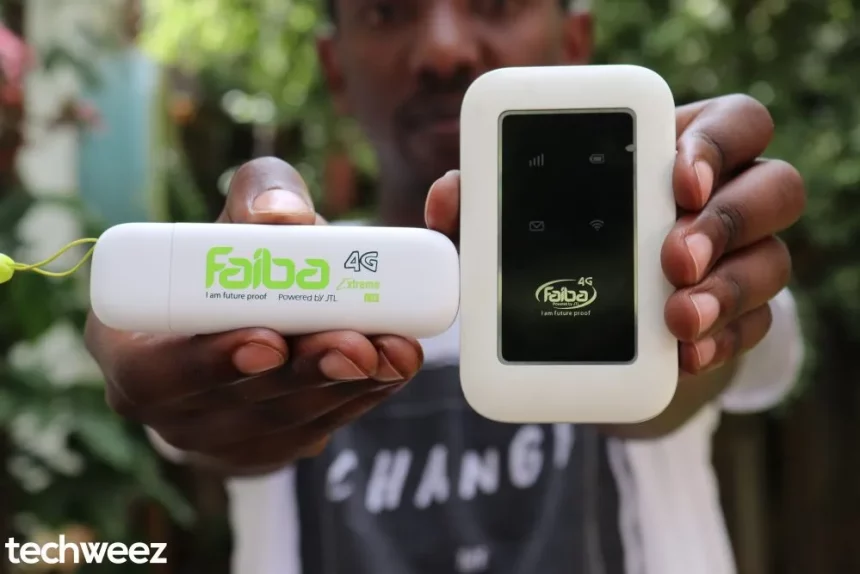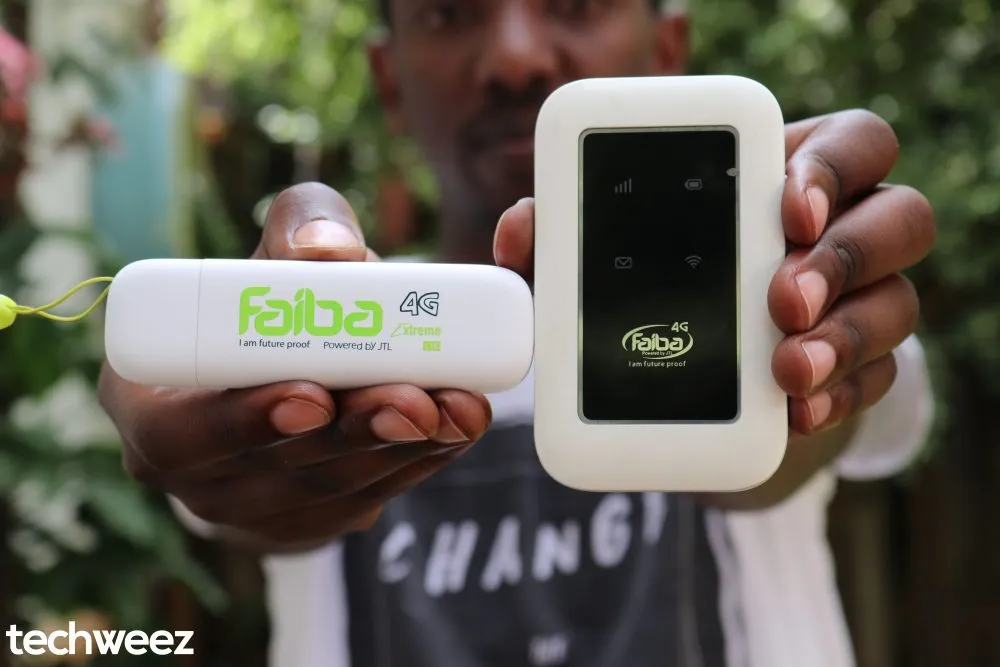Jamii Telecommunications Limited (JTL) has overtaken Wananchi Group’s Zuku in the race for Kenya’s fixed internet market that has remained under the tight grip of Safaricom.
The latest sector statistics by the Communications Authority of Kenya (CA) for the quarter ending March 2023 indicate that Jamii TL enjoys a 23.2 percent market share up from 22.1 percent in the quarter to September last year, placing it in second position which has for three years been held by Zuku.
Jamii TL’s data for the quarter ending December was not published, with the regulator saying it could not harmonise the numbers submitted by the internet firm with its findings as at the time of releasing the report.
In the quarter-one report, JTL ranked third with 218,036 subscriptions, a number it has now increased to 257,951, while Zuku, now accounting for 22.7 percent of the market share, has posted 252,066 subscribers, which is a marginal increase from 251,133 as of September when it accounted for 25.5 percent of the market share.
By the close of December 2022, Zuku had 251,340 subscribers, meaning it only added 726 users during the three months to March 2023.
Market leader Safaricom has improved slightly from the 35.6 percentage share it enjoyed as at the close of September 2022 to 35.9 percent in the review period.
During the six months, the telco has added 48,609 users to hit 399,333 as at close of March.
The trio dominates the fixed data market, controlling up to 81.8 percent stake, with Poa Internet coming a distant fourth, controlling 12.2 percent, up from 10.8 percent in September 2022.
Zuku has for years been the closest rival to Safaricom with the two firms caught in pricing wars that have lowered the cost of fixed internet besides offering discounts on new connections.
Safaricom first took the top spot in the quarter ending September 2019 from Zuku, but the latter reclaimed dominance in the subsequent quarter ending December 2019.
The giant telco, however, moved ahead once again by mid-2021, riding on aggressive marketing and pricing offers after the Covid-19 pandemic struck.
It provided subscribers with double bandwidth, as a way of supporting the government’s call on Kenyans to work from home.




